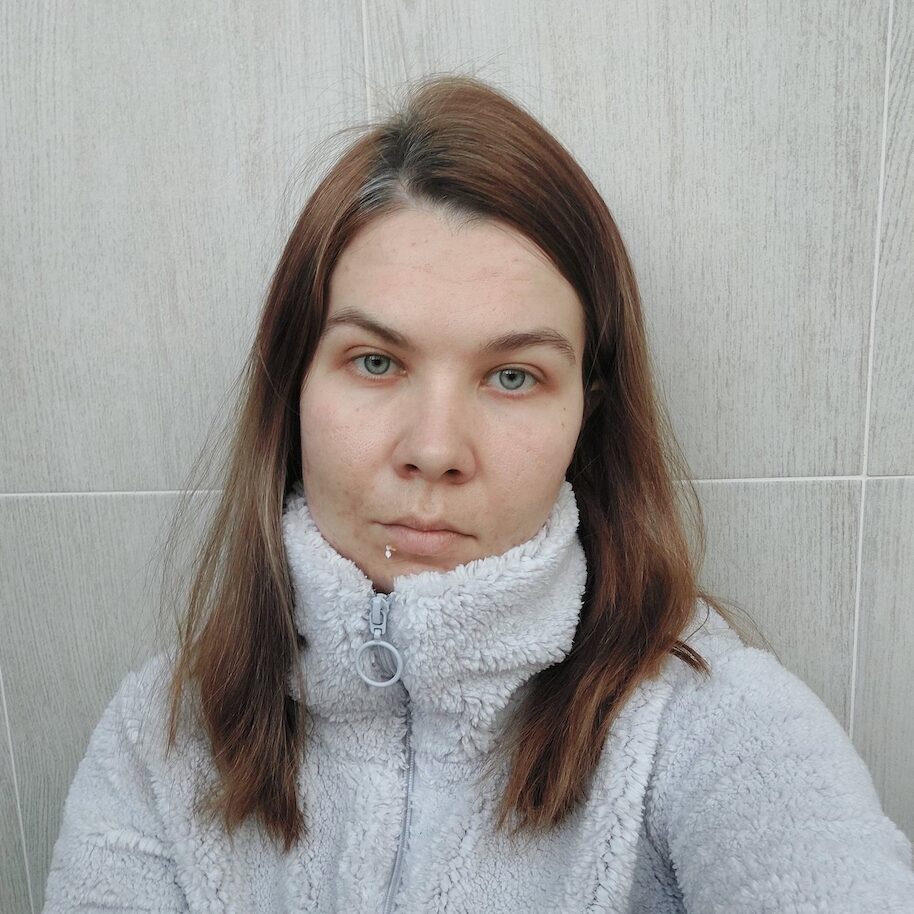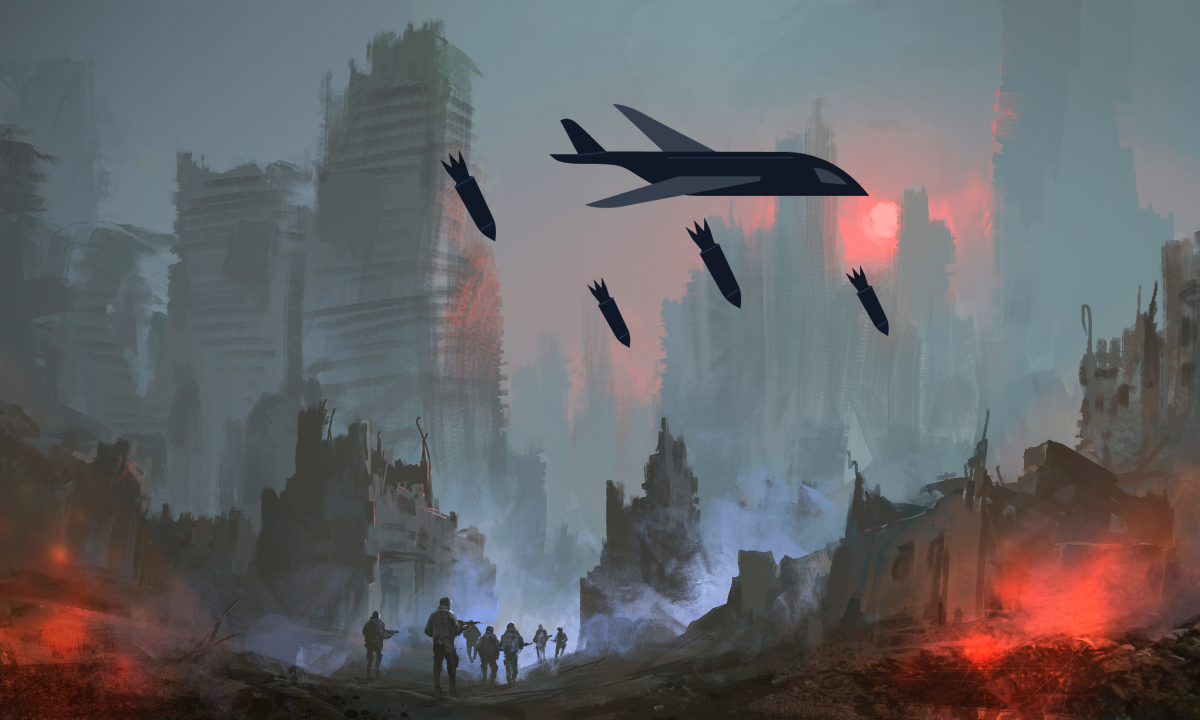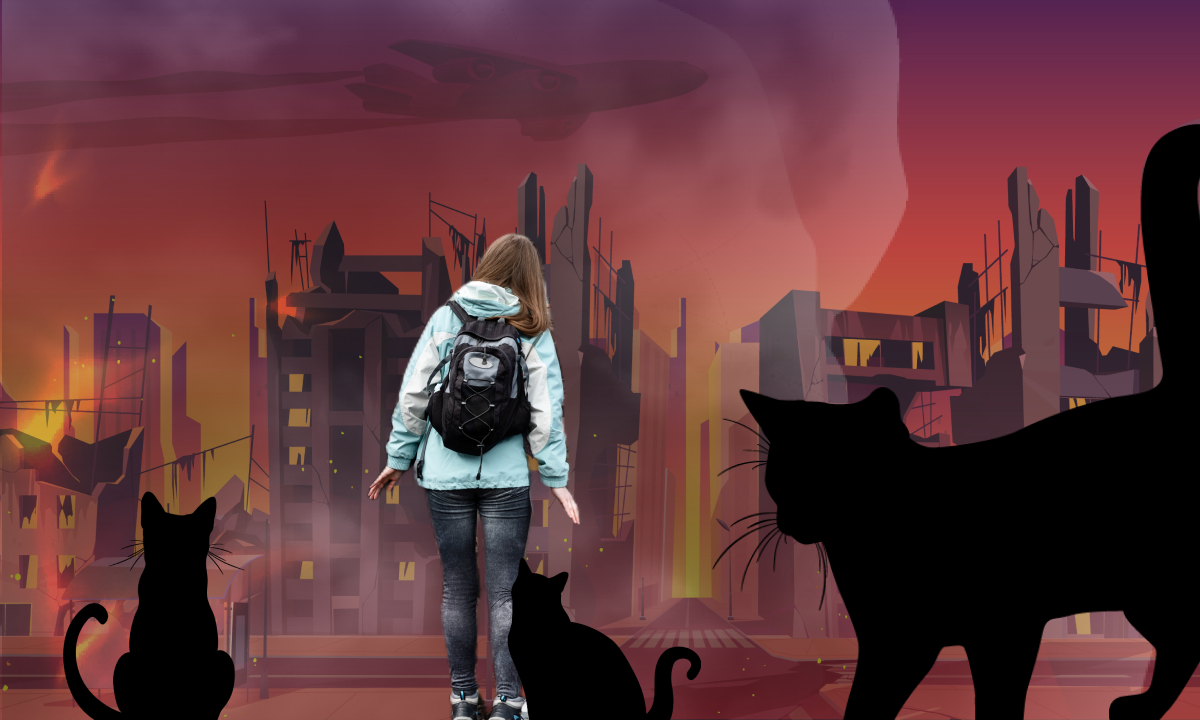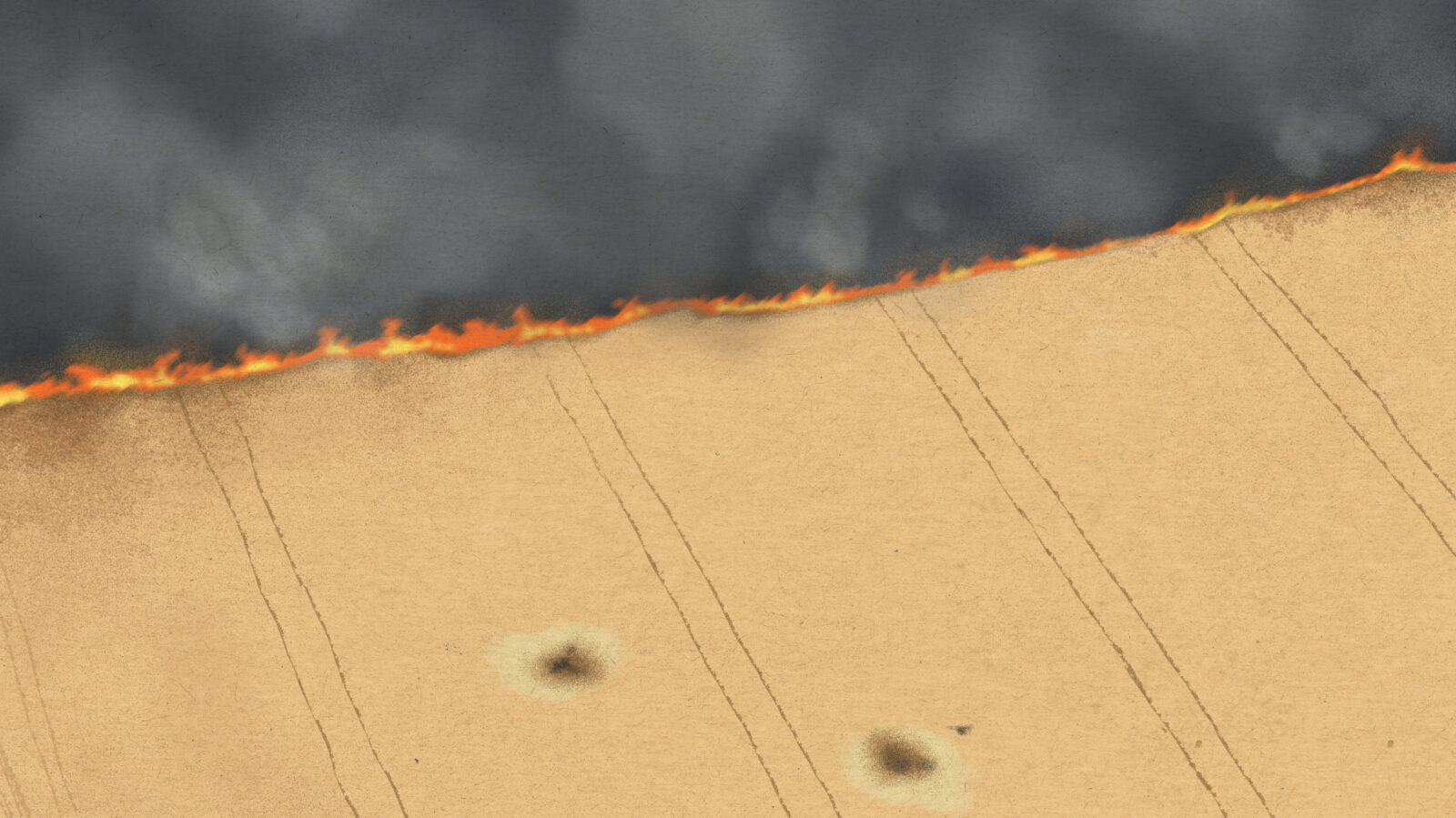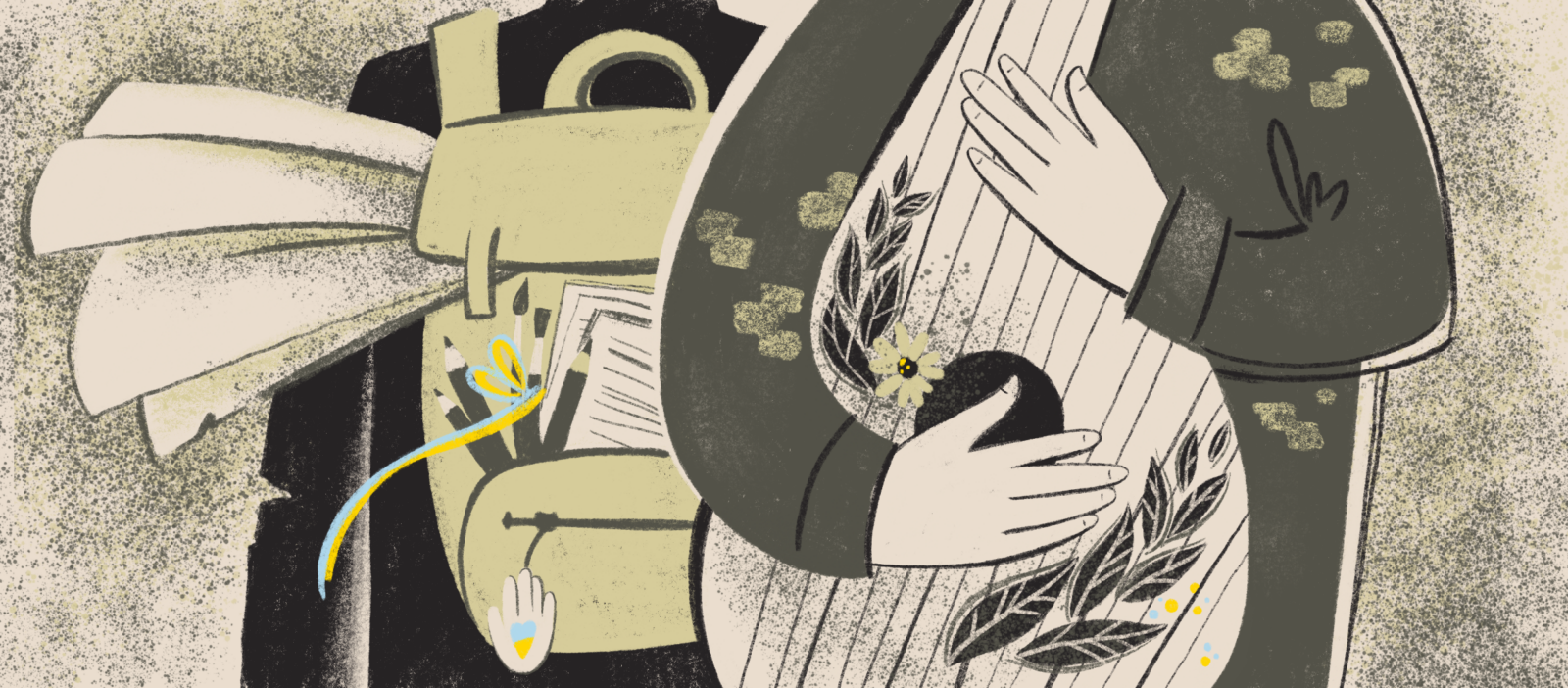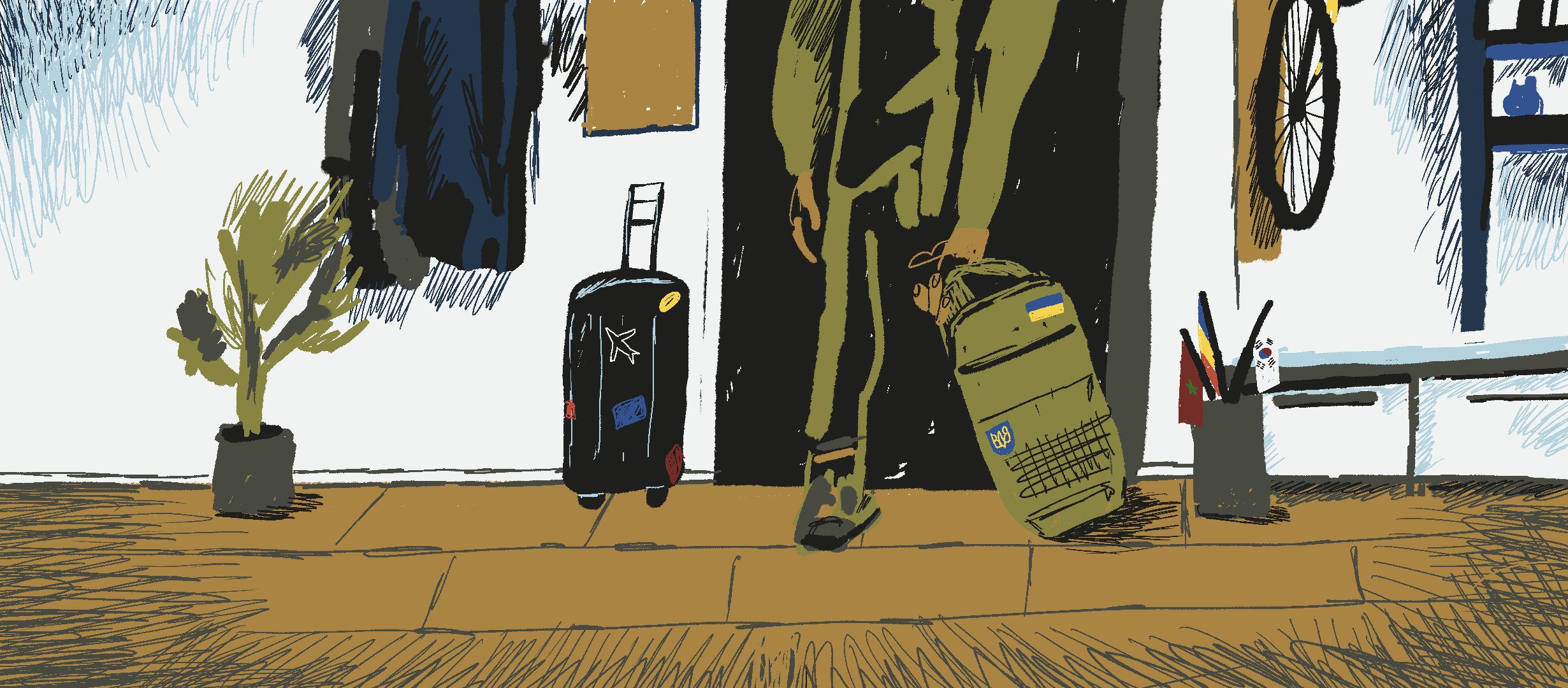29-year-old Anastasia Starostenko has been unaware whether her parents are dead or alive for a whole week now. They are in the occupied Mariupol at the moment. On Saturday, March 5, they had a phone call. Her parents said they didn’t have food supplies and were gathering rainwater for technical needs while the city was under constant shelling. Anastasia knows a lot about war. She used to be a reporter for Channel 5 and worked in the trenches of the ATO zone. A year ago, she left Mariupol for Kyiv to work as a PR specialist.
“On February 24, I woke up to the sounds of explosions. I went to visit my friends who live in another district, we covered the windows with mattresses and stayed home all the time. All of us are from the Donetsk Region, so we are used to explosions and felt almost safe. But then we realized it could get worse. So we moved to Ivano-Frankivsk,” Anastasia says.
She tried to convince her parents to leave Mariupol on the very first day of war. But the thought scared them. They had no car of their own, they worried about their cats, didn’t know where to stay in other Ukrainian cities, and it simply hurt them to leave their home.
Anastasia’s parents live in the most dangerous district of Mariupol. It’s located in the eastern part of the city close to the territory occupied in 2014. The area has had no electricity or water supply since the first day of the war. After hiding in the basement for five days, they were ready to leave, but by that time the city had already been surrounded and constantly shelled.
“I asked volunteers to bring my parents to the city center where we have another apartment which we usually rent out. That district wasn’t shelled back then. But there was no food or anything else in the apartment. On Saturday, mother told me they were finishing the last edibles. She said hysterically that she couldn’t stand it anymore.”
Since Saturday, Anastasia hasn’t heard from her parents. She knows from the news that the center of Mariupol is being shelled already. “I have no idea whether they managed to find food or where they are now. Before that, they had charged their сell phones using their neighbors’ power generator. Maybe they failed to charge them. Maybe there’s no coverage because all the cell towers have been destroyed. I hope they are alive,” she says.
There are regular attempts to arrange “green corridors” from Mariupol. Some people risk their lives trying to leave the city in their own cars. But the Russian troops shoot at civilians, thus violating all the agreements. “Even if I could keep in touch with my parents, I wouldn’t recommend that they evacuate. It’s hard to say which is safer, to stay home with no food or to move somewhere under shelling,” Anastasia says.
Now she communicates with her friends whose loved ones stay in the occupied cities of Donetsk and Luhansk Regions and whom they had lost contact with. In desperation, they suggest breaking into the city. But there’s no such possibility at the moment.
“I know that Russian troops shell not only residential districts, but also hospitals. They have reached new heights of cynicism and meanness.”
“I feel helpless and blame myself for doing nothing to help my parents. But there is no way I can do anything. The only thing left is the faith that the Armed Forces of Ukraine will be able to take back the city and arrange a ‘green corridor ‘,” Anastasia says.
Her biggest dream now is to hug her parents. She believes they are alive and will be able to evacuate to a safer place.

